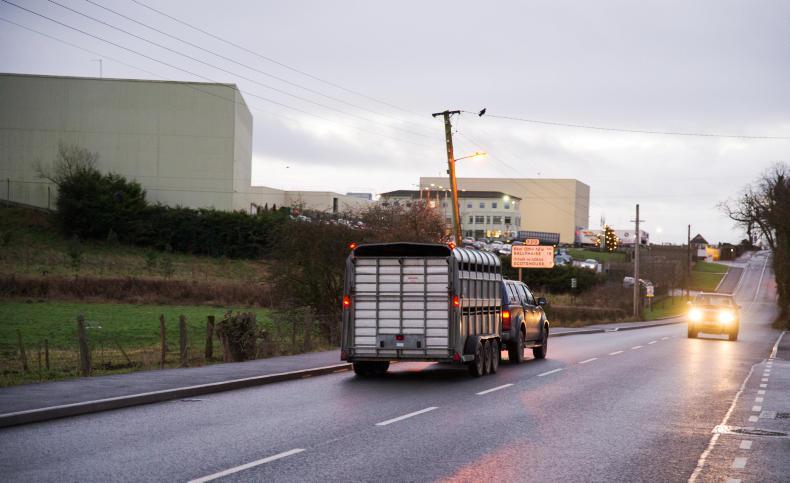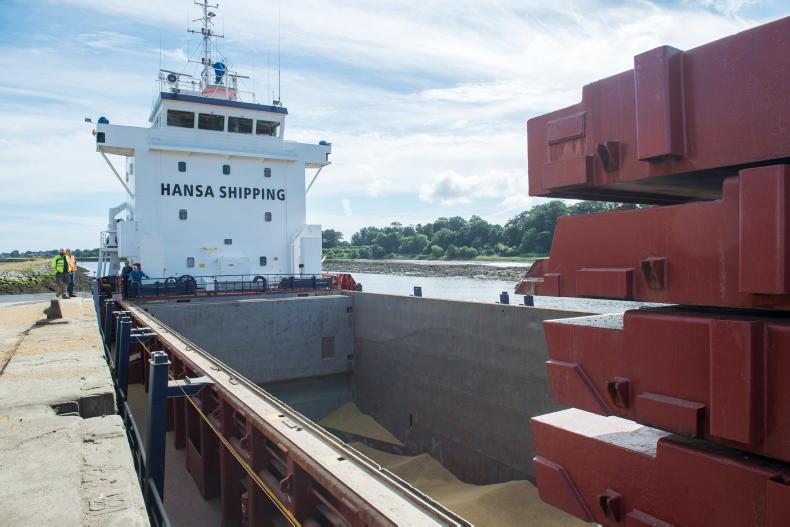Brexit could cost €720 per person each year. In terms of the reduction in primary and manufacturing employment Monaghan is the worst hit, according to Dublin City University (DCU) professor of economics Edgar Morgenroth.
There would be a 9.2% fall in primary and manufacturing employment in Monaghan if WTO tariffs were applied in a no-deal scenario, driven by the fact that 21% of employment there is in agri-food.
As promised earlier here is a map of the impact of WTO tariffs on primary and manufacturing (goods producing) employment across Irish counties. Highest impact is in Monaghan -9.2%, driven by the fact that 21% of employment there is in Agri-Food
@kevinhorourke @WolfgangPetzold pic.twitter.com/r30f3Y8Ix9ADVERTISEMENT— Edgar Morgenroth (@MorgenrothEdgar) March 21, 2019
Morgenroth has been modelling the effect by county off the Lawless and Morgenroth ESRI working paper. This is based on World Trade Organisation tariffs that would be applied in a no-deal scenario and not the recently published UK tariff regime.
“The tariffs tend to be highest for agri-food products and that is the most important sector in Monaghan and that’s why Monaghan is hardest hit. Other counties in the border and midland region are also hit,” Morgenroth told Newstalk breakfast on Friday morning.
“No one knows what the actual costs are. At the moment, we are talking about estimates and they are not precise. Undoubtedly some unknown things might happen that will increase or decrease these costs. The question is how we can adapt to the new situation. Can we find ways to adapt in other markets?”









SHARING OPTIONS